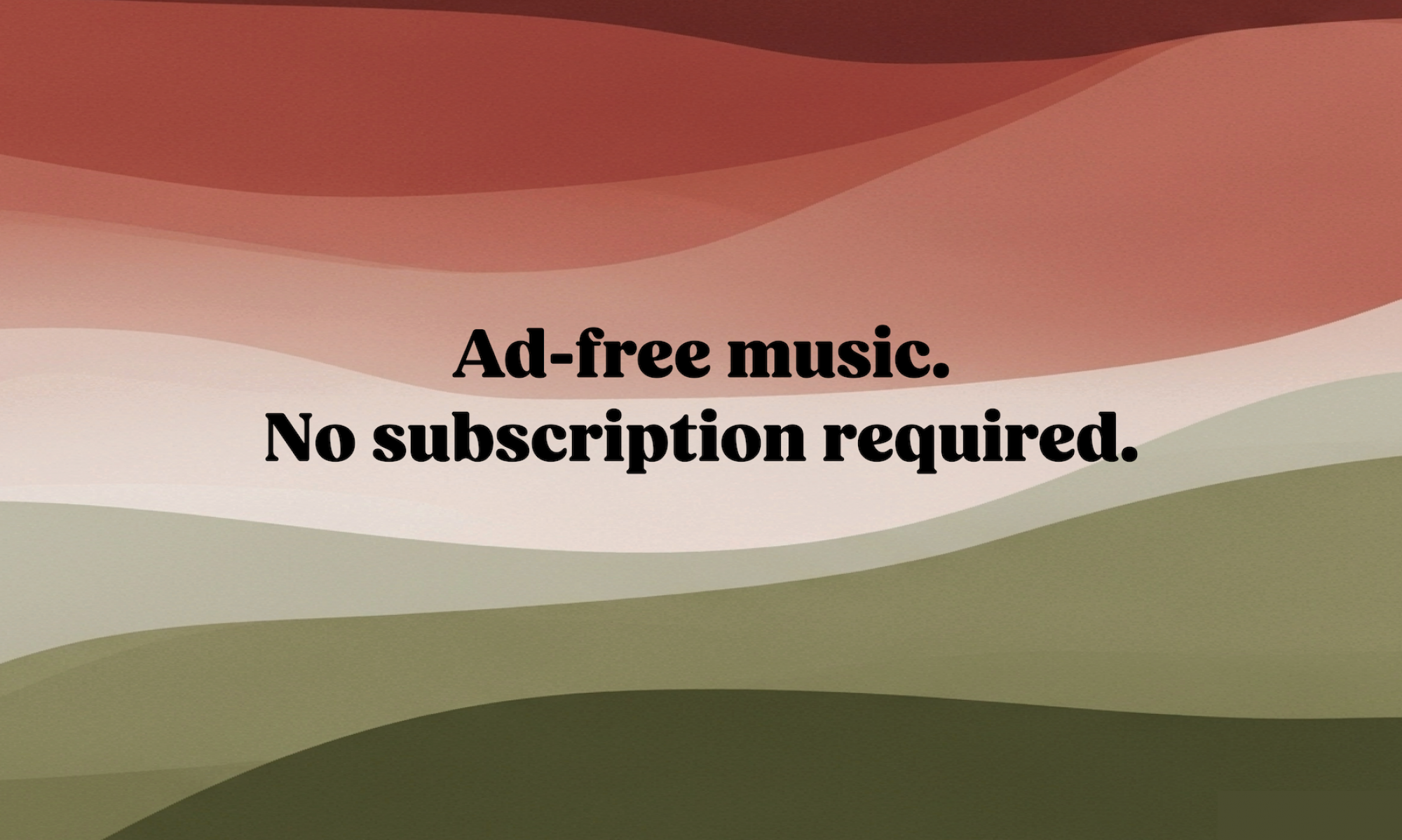Why Vinyl?
In a world of endless playlists and quick skips, vinyl invites you to slow down, be present, and truly listen. There’s a tactile joy in flipping through records, dropping the needle, and hearing music the way it was meant to be heard—warm, rich, and full of soul. Whether you’re building your first collection or just curious about the hype, we’ve got you covered.
Table of Contents
- Why Start a Vinyl Collection?
- What You Need to Get Started
- How to Choose a Good Record
- How to Care for Your Vinyl Records
- How to Store Your Vinyl Collection
- Your Most-Asked Vinyl Questions, Answered
Why Start a Vinyl Collection?
Vinyl isn’t just about sound—it’s about slowing down, savoring, and taking control of your listening experience. In an algorithm-driven world, choosing vinyl is a conscious decision to explore music on your terms. Plus, there’s something satisfying about physically owning your music and curating a collection that reflects you.
What You Need to Get Started
🎵 Turntable
Start with a beginner-friendly turntable that’s affordable but reliable.
👉 Our pick: Audio-Technica AT-LP60X
Easy to set up, fully automatic, and perfect for new collectors.
💎 Stylus (Needle) Upgrades
The stylus is where sound quality starts. Upgrading is a great way to improve your setup.
👉 Try: Audio-Technica AT-VM95E for a high-quality, budget-friendly boost.
🧹 Record Cleaning Kit
Clean records sound better and last longer.
👉 Recommended: Big Fudge Cleaning Kit – simple, effective, and essential.
📦 Protective Sleeves
Prevent scratches, dust, and ring wear.
👉 Our pick: Big Fudge 100x Vinyl Record Sleeves
🗄️ Record Storage
Keep your records upright and safe.
👉 We recommend: Way Basics Vinyl Record Cube – affordable and modular.
How to Choose a Good Record
- Check for Visible Scratches: Light scuffs are usually fine. Deep scratches may cause skipping.
- Look for Clean Grooves: Dirt can often be cleaned, but mold or warping is a red flag.
- Spin It: If possible, give the record a test play—listen for skips, pops, or distortion.
- Grading Matters: Familiarize yourself with vinyl grading (Mint, Near Mint, Very Good, etc.) to understand condition ratings when buying.
How to Care for Your Vinyl Records
- Always handle records by the edges or label—avoid touching the grooves.
- Clean records regularly using a carbon fiber brush or a vinyl cleaning solution.
- Use inner and outer sleeves to protect records from dust and scratches.
- Never stack records flat—it can warp them over time.
👉 Shop our recommended care products
How to Store Your Vinyl Collection
- Store records vertically, like books, to prevent warping.
- Keep them in a cool, dry place—avoid heat and humidity.
- Use plastic outer sleeves to protect the covers.
- Modular storage cubes are a great option as your collection grows.
👉 Explore storage solutions we love
Your Most-Asked Vinyl Questions, Answered
Are Vinyl Records Worth Anything?
Yes, some rare records can be valuable, but most records are worth what they mean to you. Condition, rarity, and demand all affect resale value. First pressings, limited editions, and rare misprints tend to be the most valuable. Some classic albums in near mint condition are also highly sought after.
Can Vinyl Records Be Recycled?
Technically, no—vinyl (PVC) is not curbside recyclable. But you can donate, upcycle, or resell unwanted records (we buy records in the Central New Jersey area – reach out if you’re interested in selling).
How Do Vinyl Records Work?
A tiny needle (stylus) rides along grooves in the record, translating the physical bumps into sound. It’s a beautifully analog process.
When Were Vinyl Records Invented?
Vinyl records, as we know them, gained popularity in the late 1940s. Before that, records were made of shellac.
What Vinyl Records Should I Buy?
Start with albums you love and records that were originally made for the format—classic rock, jazz, soul, and more. Ask local record sellers (like us!) for curated recommendations.
👉 Join our mailing list to get hand-picked vinyl picks and find out where we’re popping up next!
Can Vinyl Records Be Repaired?
Minor scratches can sometimes be smoothed with careful cleaning, but deep scratches typically can’t be fixed. Always store and handle records carefully.
Why Does Vinyl Sound Better?
Vinyl has a warm, natural sound because it’s an analog format—it captures sound waves in their continuous form. Many listeners find this more pleasing than the compressed sound of digital music.
Ready to Start Your Vinyl Journey?
👉 Join our mailing list for exclusive pop-ups, vinyl tips, and early access to our latest finds.

